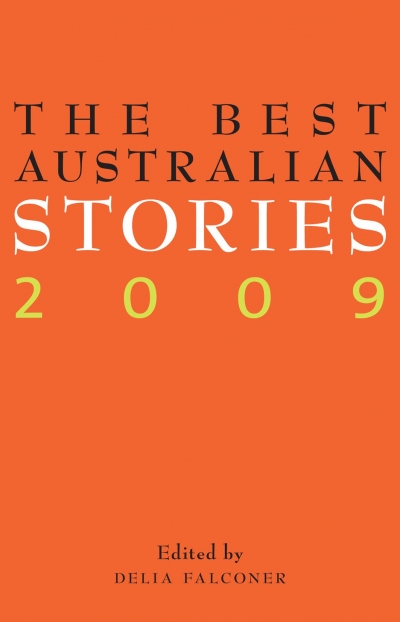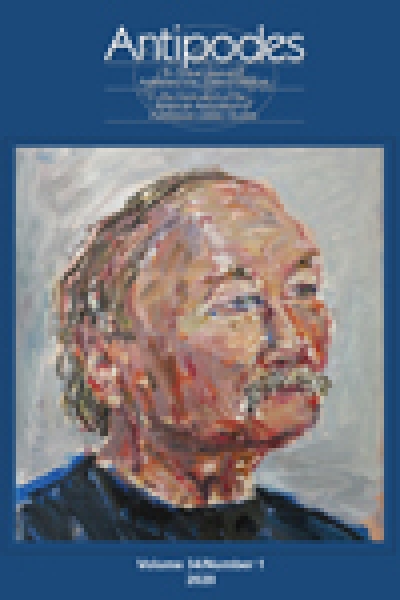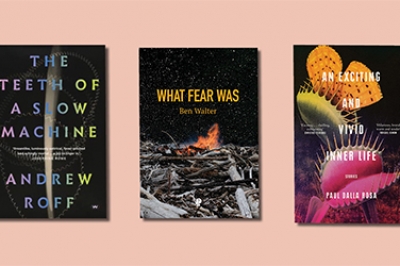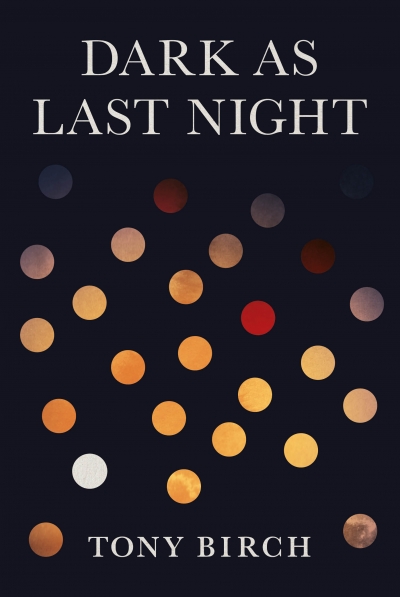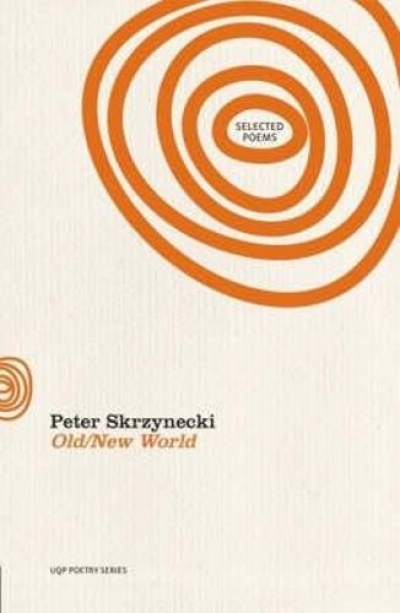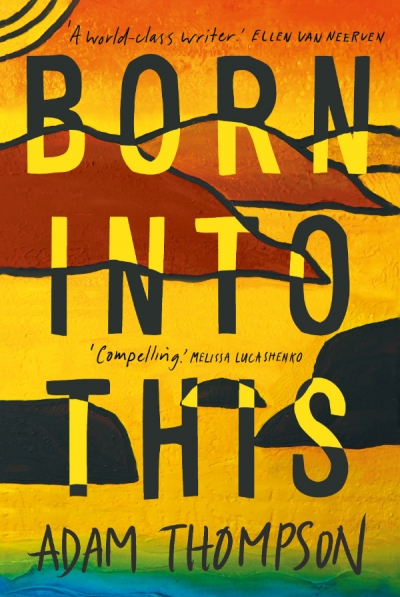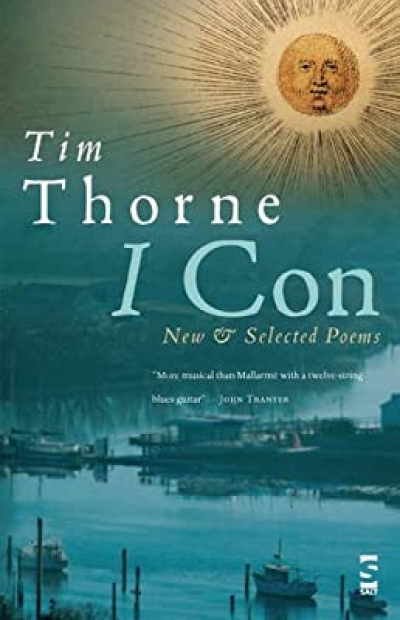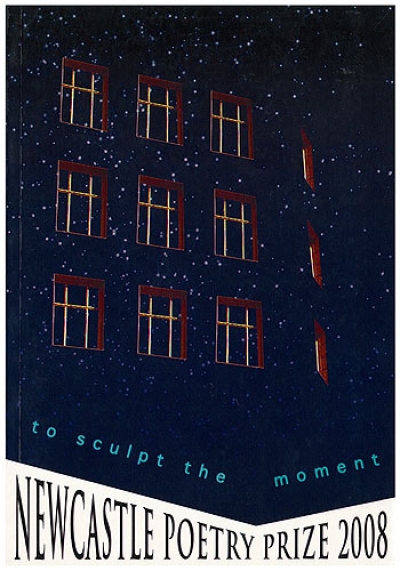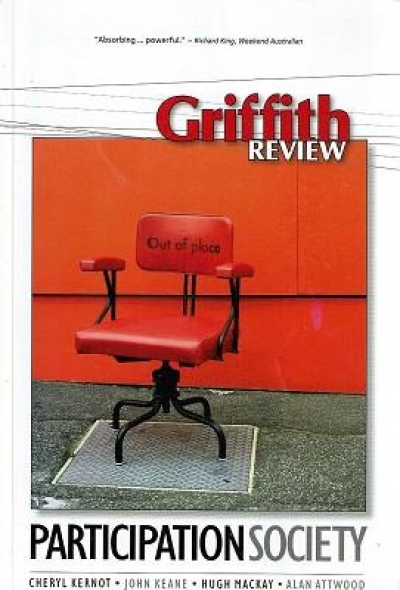Anthony Lynch

Anthony Lynch lives on the Bellarine Peninsula, Victoria, where he writes poetry, fiction, and reviews. His work has appeared in The Age, The Best Australian Poems, Island, and Southerly. His short story collection Redfin (2007) was shortlisted for the Queensland Premier’s Literary Awards. His poetry collection Night Train was published in late 2011 by Clouds of Magellan. He is publisher at the independent publishing house Whitmore Press and an editor at Deakin University.
The latest Antipodes opens with Katherine Bode’s provocative discussion of Roger McDonald’s The Ballad of Desmond Kale. Dissecting McDonald’s ‘fantasy of an all-white, all-male Australian society’, Bode’s essay also criticises Inga Clendinnen for exempting McDonald’s novel from her much-aired arguments against historical fiction. Bernadette Brennan draws on Maurice Blanchot to explor ... (read more)
In the wake of other recent compelling débuts – Paige Clark’s meticulously crafted and imagined She is Haunted being a standout – three new short story collections, varying markedly in tone, style, and setting, offer bold and unsettling visions of twenty-first-century life.
The Teeth of a Slow Machine by Andrew Roff Wakefield Press, $29.95 pb, 207 pp
Andrew Roff’s The Teeth of a Slow Ma ... (read more)
‘And what is wrong with sad stories? The world is always sad.’ So advises Little Red, the aged, marginalised, knowing female character in the title story of Tony Birch’s latest short fiction collection. As in Birch’s previous works, Dark as Last Night contains an abundance of sad stories, but with grief and trauma ameliorated by the main protagonist’s affection for at least one other cha ... (read more)
Peter Skrzynecki’s substantial Old/New World comprises selected work from his eight previous collections plus a new collection. From it we could extract his autobiography. We find the youthful son of Polish migrants; his growing awareness of his migrant ‘otherness’; his employment as a teacher in New England; the birth of his first child; the ageing and death of his parents; his passage thro ... (read more)
When as a boy I listened to football on the radio, I would often hear mention of David Harris, a skilful midfielder who played for Geelong and Geelong West respectively in what were then the VFL and VFA. Harris was mostly known as ‘Darky’, not ‘David’. Recently, thanks to a YouTube interview, I learnt that Harris’s parents were Lebanese Australians. While in the interview Harris did not ... (read more)
Dominique Hecq and Brian Edwards are well versed in the contingencies of language, roaming in their poetry between experimentation and high tradition – at least in terms of content, if not so much in form. Both target the self-reflexive play of language early in their latest collections: Hecq in her title poem, with ‘words spreading / like couchgrass after summer rains / on my tongue’; Edwar ... (read more)
‘I could give ’em / enough social comment to fill a car park’ proffers the narrator in ‘Busking’, halfway through Tim Thorne’s I Con. In many ways, this book delivers on that promise. Thorne’s targets include war, colonisation, inequality, political deception, capitalism and celebrity. One moment he juxtaposes Dannii Minogue’s career with descriptions of police brutality; the next ... (read more)
Despite the deadly title, this anthology of twenty-eight poems from the 2008 Newcastle Poetry Prize is replete with gems. Assembled from 423 entries by judges Jan Owen, Philip Salom, and Richard Tipping – effectively the anthology’s editors – it is a brilliant sampler that few anthologies can match for the legroom offered to the longer poem and poetry sequence.
... (read more)
'It’s in your hands, Julianne,’ proclaims an e-mail from Barack Obama. So opens the latest Griffith Review, which explores the many ways that, across the globe, individuals and groups are taking social, political and environmental matters into their own hands. Addressee aside, the Obama e-mail sent to editor Schultz in the final week of the US election campaign landed in the virtual hands of m ... (read more)

